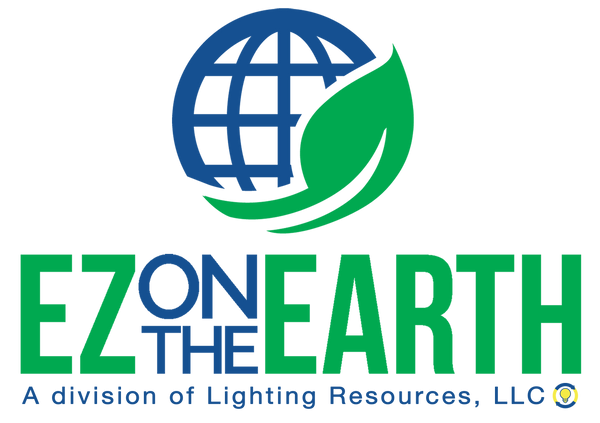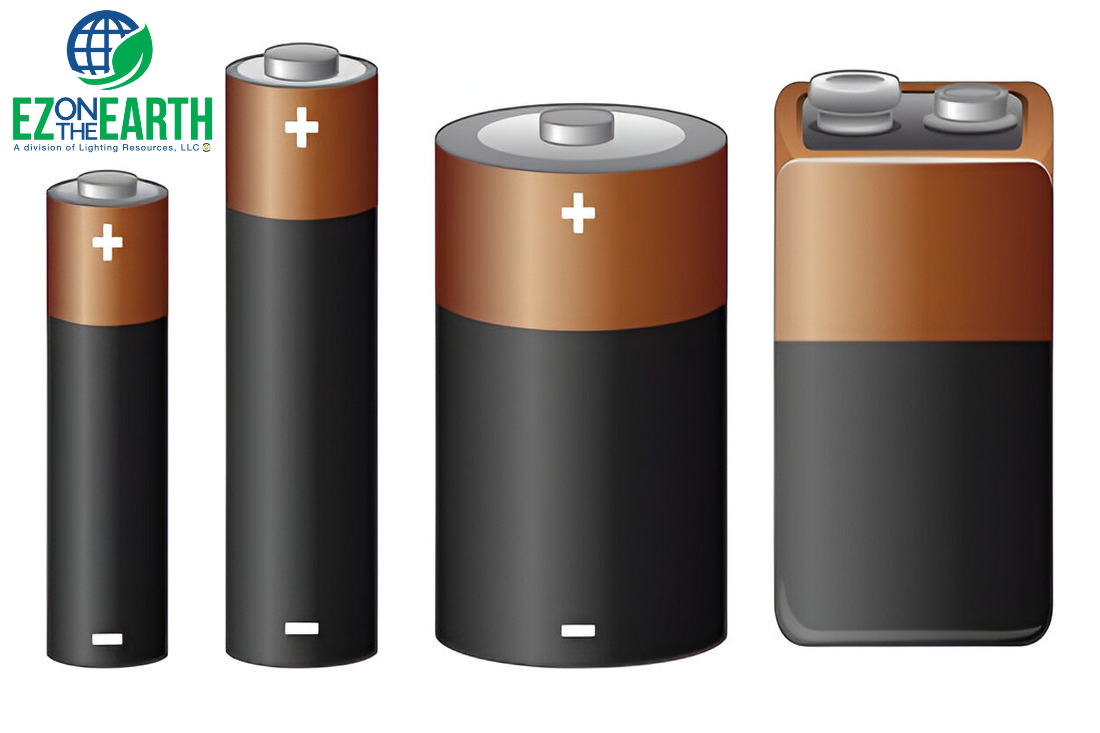With the increasing popularity of electric and hybrid vehicles, the volume of used lithium batteries is also mounting. These batteries are commonly used to power such vehicles and have now become a challenge for governments and environmentalists globally due to the lack of a framework developed around the safe disposal of lithium batteries.
Even though lithium batteries are recyclable, most end up in landfills. The rates for lithium battery recycling in the US and European Union are less than 5%, which is alarming considering the hazards of improperly disposed of batteries.
This blog deeply examines the chemistry of lithium batteries, the obstacles in recycling these batteries, and what the future holds for them.
A Deeper Look at Lithium Ion Batteries
Ever wondered what a lithium battery is? It is the most widely used rechargeable battery used today for energy storage. Devices like cell phones and modern electric vehicles are powered by these batteries.
In their simplest form, lithium-ion batteries consist of one or more lithium-ion cells in combination with a circuit board.
Components of a Lithium-ion Battery
The lithium-ion battery is built with five constituent parts. Let’s look at what function each part plays in the operation of the battery.
Anode:
This is the negative electrode and is attached to the current collector.
Cathode:
This is the positive electrode and is also attached to the current collector.
Electrolyte:
The purpose of the electrolyte is to conduct electricity in a battery. It may be in the form of a gel or a liquid.
Current Collectors:
These are conductive foils at each end of the battery and are connected to the cell's terminals.
Separator:
It keeps the positive and negative electrodes separate while allowing for the exchange of lithium ions between the two. The separator is usually a porous polymer.
Challenges Around Effective Lithium Battery Recycling
Now that we are aware of the basic chemistry of a lithium battery, let’s delve into the reasons behind its low recycling rates. There are a plethora of reasons why lithium battery recycling is not yet a global practice. Following are some of these reasons.
Low Economic Value Of Recovered Materials
The most glaring challenge in lithium battery recycling is the negligible economic value of the extracted materials.
Used lithium-ion batteries are a rich source of metals like lithium, cobalt, nickel, and others and these can be recovered when batteries are recycled. However, the cost of these metals in the market is not too high, and procuring these materials for battery manufacturing is not heavy on the pocket. This factor makes lithium battery recycling economically unviable.
Another factor worth considering is the small amounts of metals that are recovered during the process, making it further unfavorable.
Lack of Standardized Recycling Procedures
While the basic chemistry of lithium-ion batteries is the same, some batteries differ in their design. This calls for different recycling processes for the various varieties of these batteries.
Unfortunately, the lithium-ion battery recycling infrastructure is not well developed to cater to these varying requirements and this causes many of the batteries to go to landfills.
Safe Transportation To Recycling Facilities
Lithium battery recycling is a critical process as it involves the transportation of used batteries to a recycling plant. Old batteries require to be handled with a lot of care as they contain flammable substances that can cause dangerous fires if handled carelessly.
The logistics involved in this process often come at a hefty price and add to the overall cost of lithium battery recycling, ultimately discouraging this process.
Curbing The Challenges Around Lithium Battery Recycling With a Multifaceted Approach
Although the current trends of lithium battery recycling in the USA present a bleak picture, as the use of these batteries inflates, there is hope for a better future. As the world shifts its focus on sustainable practices, researchers and manufacturers are compelled to direct their efforts toward developing Ez on the Earth to favor lithium battery recycling.
A stark example of these efforts on a national level is the Recell Center in the USA. It was launched by the US Department of Energy (DOE) to make lithium battery recycling more viable both economically and logistically. The center invests millions of dollars to utilize research from industry leaders and academia to increase the efficiency of battery recycling procedures.
The DOE also rewards efforts for developing innovative techniques for the collection, sorting, transportation, and recycling of lithium batteries.
Bottomline
To wrap things up it is crucial to reinforce the importance of responsible lithium battery recycling. However, the challenges around it are a major hurdle in this process. The three obvious roadblocks to lithium battery recycling are the lack of specialized infrastructure, the high costs of logistics involved in the transportation of these batteries, and the negligible amount and value of recovered recyclable materials that the current recycling processes yield.
To overcome these challenges the US government is investing in research and collaborating with think tanks and laboratories to develop efficient and profitable recycling solutions for lithium-ion batteries.
Contribute To a Healthier Planet: Start Lithium Battery Recycling Today
As dependence on batteries for energy storage grows the volume of used lithium ion batteries is bound to increase. Businesses can contribute towards sustainability by partnering with specialized battery recycling service providers to help the environment flourish. Though there are multiple challenges around effective lithium battery recycling, with the proper usage of technology and focusing efforts to create innovative methods of battery recycling it is possible to hit our goals for responsible lithium battery recycling.
Recycle Technologies is a pioneer of sustainable electronic waste recycling services and takes pride in constantly evolving and upgrading our processes to make them eco-friendly and economically viable.
Additionally, we are a fully certified battery recycling company and provide EPA-compliant services to ensure that your business always remains compliant with state and federal regulations for lithium battery recycling.
To learn more about our battery recycling services, contact our team and we will be happy to help you on your battery recycling journey.

